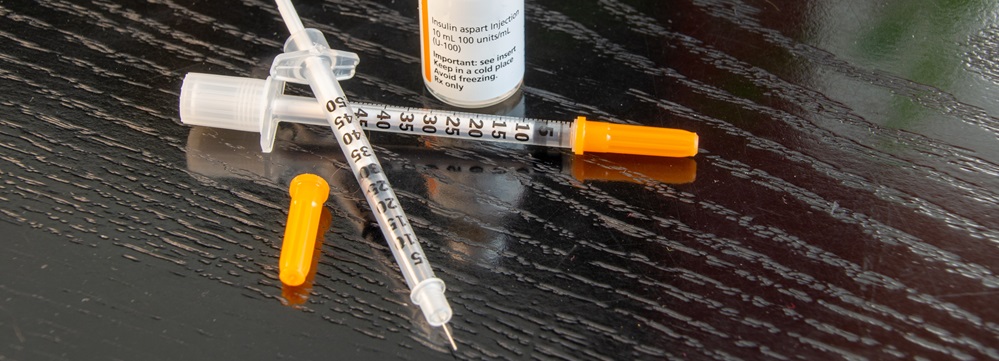
Hospitalists dip into DKA
Protocols using subcutaneous insulin have brought diabetic ketoacidosis (DKA) into the domain of hospitalists.

Protocols using subcutaneous insulin have brought diabetic ketoacidosis (DKA) into the domain of hospitalists.

The FDA also announced an official end to the nationwide shortage of sodium chloride 0.9% injection products, among other actions.
In patients who had venous thromboembolism (VTE) provoked by a transient factor and a risk factor for recurrence, taking apixaban for 12 months led to a symptomatic recurrence rate of 1.3%, compared to 10.0% in those randomized to placebo, an industry-funded trial found.
A Polish trial was stopped early because patients who had or were at risk for atherosclerotic disease and were given ivabradine perioperatively had similar risk of myocardial injury after noncardiac surgery (MINS) as those randomized to placebo.
For every central nervous system (CNS)-active medication an older patient with comorbidities was prescribed at discharge, their risk of readmission in the year after hospitalization increased by 7%, a European study found.
Seventeen percent of hospitalized adults with M. pneumoniae infection had cardiac involvement, most commonly congestive heart failure and arrhythmias, a cohort study in Israel found.

Every week, ACP Hospitalist posts a question about the previous week's issue. See how well you remember what you've read compared to other readers.

Discontinuity in hospital care is harming patients, learners, and physicians, say three physicians who seek change.

A patient with a recent history of drinking one liter of vodka daily presented with fatigue and rash.
Average age at first heart failure (HF) hospitalization was 73.6 years in non-Hispanic White patients, compared to 70.6 years in Asian patients, 60.1 years in non-Hispanic Black patients, and 65.4 years in Hispanic patients, a registry study found.
Helicobacter pylori screening was associated with a lower risk of upper gastrointestinal (GI) bleeding in patients with acute myocardial infarction who had moderate to severe anemia or kidney failure, suggesting that certain high-risk subgroups might benefit from targeted testing, the authors of a Swedish trial observed.
Only 7% of patients ages 65 years and older who were surveyed before elective surgery said a clinician discussed risk for perioperative neurocognitive disorders with them, and no patients reported receiving educational materials, a recent study found.
A California program supported prescription of medications for opioid use disorder (OUD) in EDs, while a Colorado intervention provided training and order sets for inpatient clinicians to treat OUD.
Rising temperatures and new guidelines make heat stroke a hot topic for hospitalists.

As with swimming, the trick of being a hospitalist is learning not to drown.